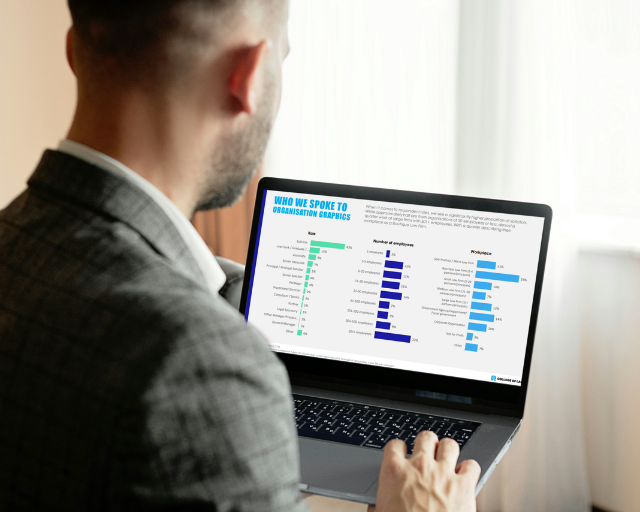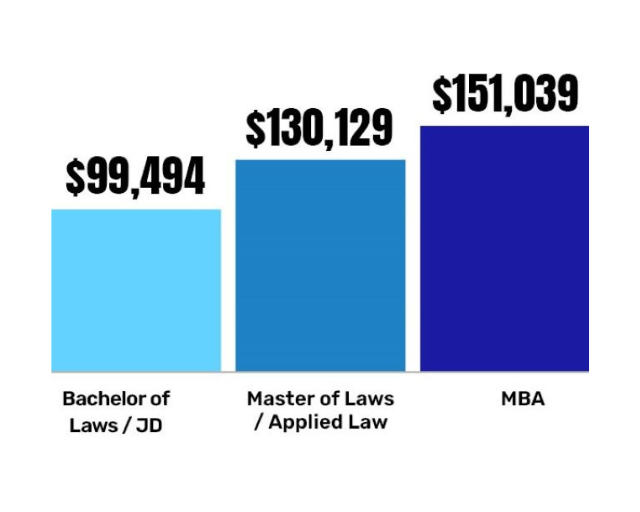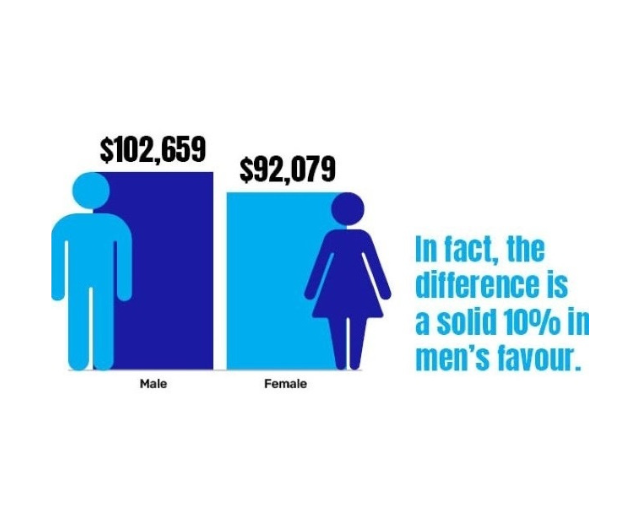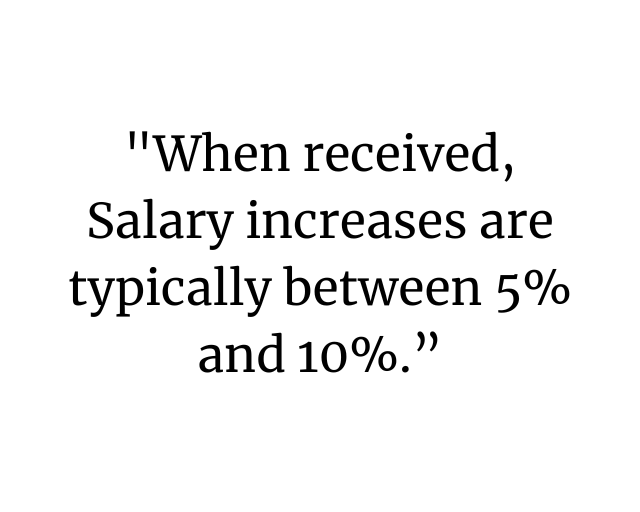We spoke to over 1300 legal professionals across Australia about the key factors shaping their salaries and their careers.
Our goal was to better understand our legal community and create a resource with unique perspective to help guide individuals in their career decisions and organisations in making strategic decisions related to talent management, learning and development strategies and compensation decisions.
Take a look at what the legal community told us.
QUESTIONS? CHAT WITH US
Are you interested to take advantage of the findings for your organisation?

SALARY SURVEY REPORT
Discover the key insights, salary trends and recommendations to help you in your legal career with Where’s Next?

"An interesting thread throughout the responses was the impact of further education on increasing remuneration, such as a Master of Laws. What was also interesting was the fact only 17% of respondents said 'further education' was an available benefit, and on average, 70% of respondents said further education did not factor in their salary or promotion reviews.”
- Neville Carter, CEO of The College of Law
KEY FINDINGS
Discover the key findings from the Australian Legal Salary Survey 2024. The Executive Summary sheds light on the average base salary across the industry and different types of organisations, the impact of postgraduate study on salary levels, the continued persistency of the gender pay gap and the varied experience of the industry with salary rises.

1. THE AVERAGE BASE SALARY IS $102,100
Legal professionals command an average annual base salary of $102,100, influenced by factors like firm type, job title, experience, and notably, level of education.
Unsurprisingly, with increasing years of experience comes a higher base salary. A more surprising result was that those that work in-house at corporate organisations had the highest annual base salaries of all the firm types.

2. POSTGRADUATE STUDIES BOOST INCOME LEVELS
Higher salaries tend to correlate with greater experience, particularly among those with a Master of Laws/Applied Law or an MBA. Surprisingly, 70% of respondents indicated education qualifications or training were not discussed in their salary reviews.
ACTION: Realise your full potential through postgraduate study.

3. THE GENDER PAY GAP IS NOT A LEGACY ISSUE
On average, female annual base salaries are behind males across all roles and experience levels. This is the case whether they have just one year experience or 10+ years of experience. The difference is 10% in men’s favour.

4. ANNUAL PAY RISES ARE NOT THE NORM
The survey revealed - surprisingly - only 46% of respondents received a salary increase and CPI increase within the last 2 years. This means annual pay rises cannot be counted on. Corporate organisations were the most likely to provide annual salary raises compared to other types of organisations.
WHERE'S NEXT?
If, after reading the report, you’re pondering ‘Where's Next?’ in your career, visit the College of Law postgraduate website or to chat with us you can book a call.

